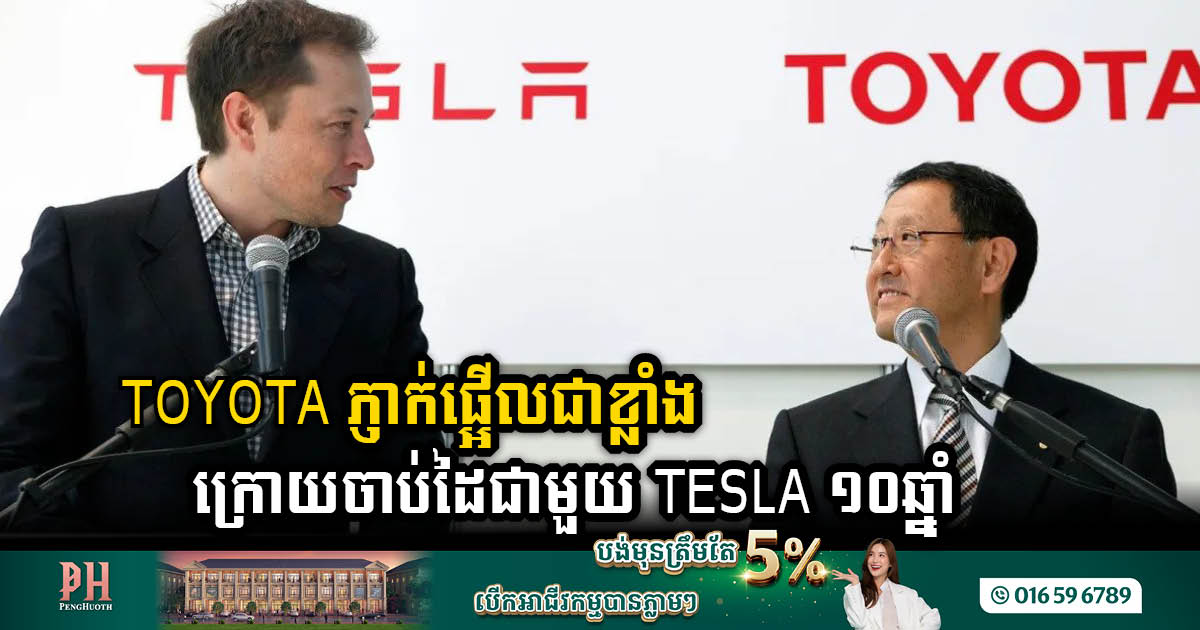Two Malaysian Firms Eye Investment in Cambodia’s Digital Sector
In a significant move for Cambodia’s burgeoning digital landscape, two prominent Malaysian companies, MMAG Holdings Berhad and NexG Berhad, have expressed their intent to invest in the country’s digital sector. Ongoing discussions are currently taking place between the companies and the Cambodian government to explore potential opportunities. This announcement emerged during a meeting between Prime […]
Ministry of Environment and STEM Cambodia Launch Innovative Tree Growth Tracking App
In a significant step towards fostering environmental stewardship among the youth, the Ministry of Environment has announced a collaboration with STEM Cambodia to develop the CHAKRA STEM App, an innovative tool designed to monitor tree growth and enhance awareness of ecological conservation. The memorandum of understanding was formalized during a ceremony attended by His Excellency […]
Kandal Province to Benefit from New Weather Radar System
The Ministry of Water Resources and Meteorology is set to enhance weather forecasting capabilities in Kandal province with the installation of a new radar system in the Phnom Prasit area of Ponhea Leu district. This initiative, aimed at providing quicker and more accurate weather forecasts, was announced during a project inspection led by HE […]
Experience the Future of Comfort with GGear and LG Electronics’ New Air Conditioner
In an exciting development for the Cambodian market, GGear Group has partnered with LG Electronics to unveil the revolutionary LG AI Air air conditioner, a perfect blend of modern technology, energy efficiency, and user-friendly design. This cutting-edge product was officially launched on May 8, 2025, at the prestigious Saint-Gréla Hotel in Phnom Penh, drawing […]
Taiwanese Tech Giant ADATA Expresses Interest in Investing in Cambodia’s Technology Sector
In a significant development for Cambodia’s tech landscape, ADATA Technology Co., Ltd., a leading Taiwanese technology company, has officially expressed its interest in investing in the country’s advanced technology sector. This announcement came during a meeting between Cambodian Prime Minister Hun Manet and ADATA Chairman CHEN Simon held on April 30, 2025. During their discussion, […]
Chinese Investment in Cambodia’s New Energy Vehicle and Agro-Industrial Sectors
Infinite Capital Holding Company (ICAP), a prominent technology and agro-industrial firm based in Guangzhou, has announced its plans to invest in Cambodia’s burgeoning new energy vehicle and agro-industrial sectors, specifically targeting cashew nut production. The announcement came during a meeting between HE Chea Wutty, Secretary General of the Council for the Development of Cambodia, and […]



 ខ្មែរ
ខ្មែរ







